HP has scrapped its most compelling device as it aims for AI PCs — there is nothing like it left on the market
The HP Elite Dragonfly had everything you needed – a great battery, plenty of power, all the ports, and a fantastic display – until it was killed off
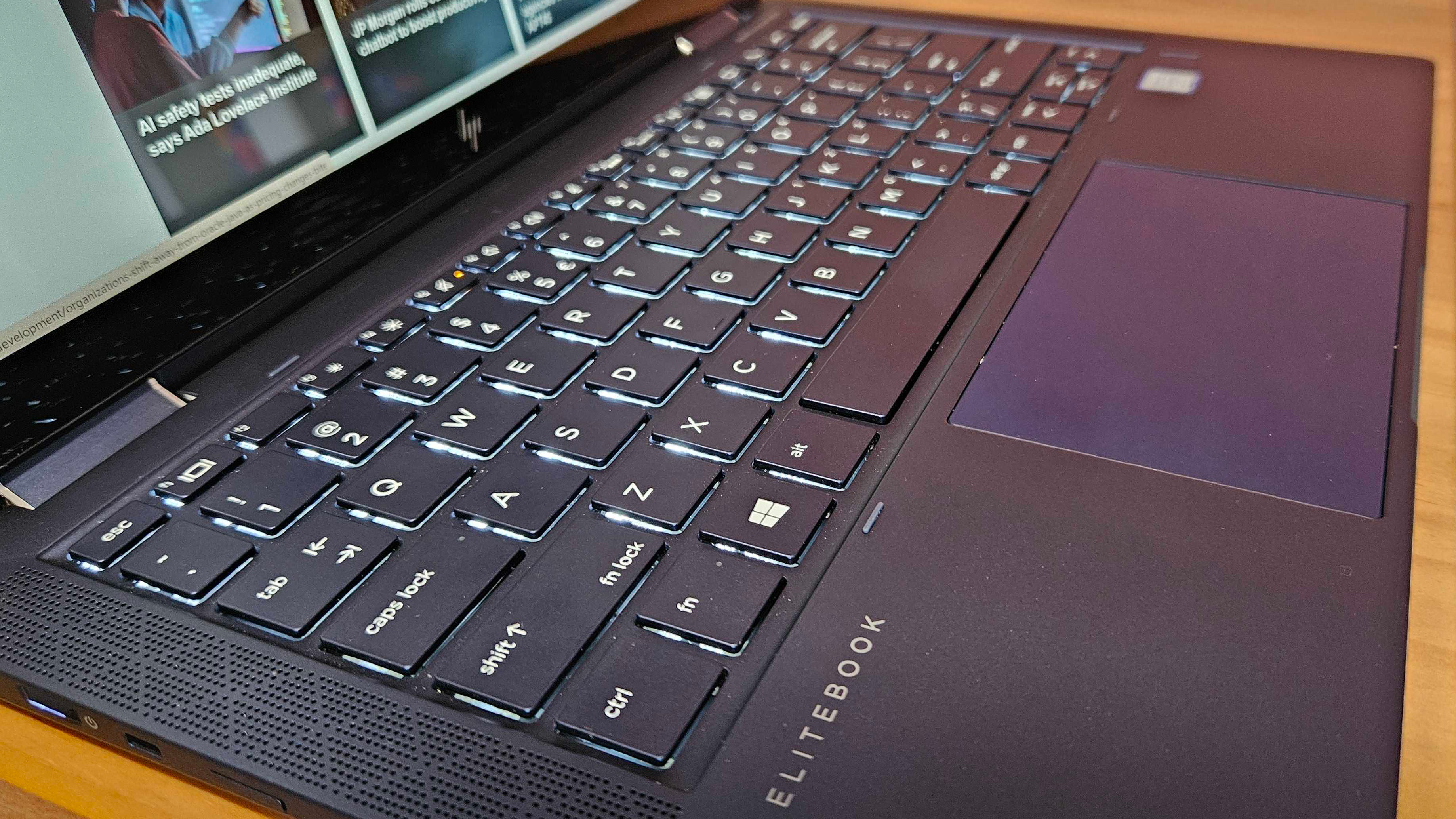

When it comes to finding the best laptop – whether for typing up notes or dabbling in some photo editing, I'm harder to impress than a cat at teatime. My journey as a technology reporter has spoiled me – I am to laptops as a Decanter editor is to wine.
So far I've come face to face with devices of all different shapes and sizes, from heavy-duty enterprise workstations to foldable 4-in-1s and everything in between. But one device that has stood above the rest of the pack is the ethereal HP Elite Dragonfly G1.
If there is any device that has come close to achieving cult status it is this. Draped in a distinctive navy blue finish and lighter than a bag of rice, it may not have been as precision-engineered as the Dell XPS or as corporate as we know Dynabooks can be. But it was an unexpected winning formula precisely because it was absolutely mad.
It didn't fit into any particular category neatly; a passion project in search of a market, but one that still oozed class and character – and crucially weighed under 1kg. Indeed it was, for its time, a pricy but powerful enterprise essential, as I wrote in my review.
The HP Elite Dragonfly: A mad idea to begin with
I still remember picking it up for the first time. HP had invited a handful of journalists to a mysterious device launch in a swanky Central London location. It was vastly preferable to how we'd normally receive review units (exchange a few emails with the PR and be sent a package through the post). Plus, they were providing snacks.
What followed was a slick presentation with precision-engineered messaging extolling the virtues of this unique machine. I was escorted to the roof, where HP representatives flew in the device via drone, delivering the machine as if I were Tom Cruise on assignment. Plenty of devices with better hardware and new features have come and gone since, but nothing has hit the same.
Since then, the Dragonfly line has undergone a few revisions – not all for the better. For example, its trademark finish was unceremoniously canned in the Dragonfly G3 for a more conventional (read: stale) silver, which persisted in last year's G4. This was emblematic of the wider trend we've seen – until AI entered the picture.
Sign up today and you will receive a free copy of our Future Focus 2025 report - the leading guidance on AI, cybersecurity and other IT challenges as per 700+ senior executives
The AI PC era has been sweeping wholesale changes across the industry — packing devices with a renewed burst of energy. Now the latest laptops are all fitted with basic GPUs, and we're not just talking about processing power, but TOPS, thanks to dedicated neural processing units (NPUs). My thoughts immediately turned to the Dragonfly; if there is any machine primed to take advantage of this moment, it must surely be this?
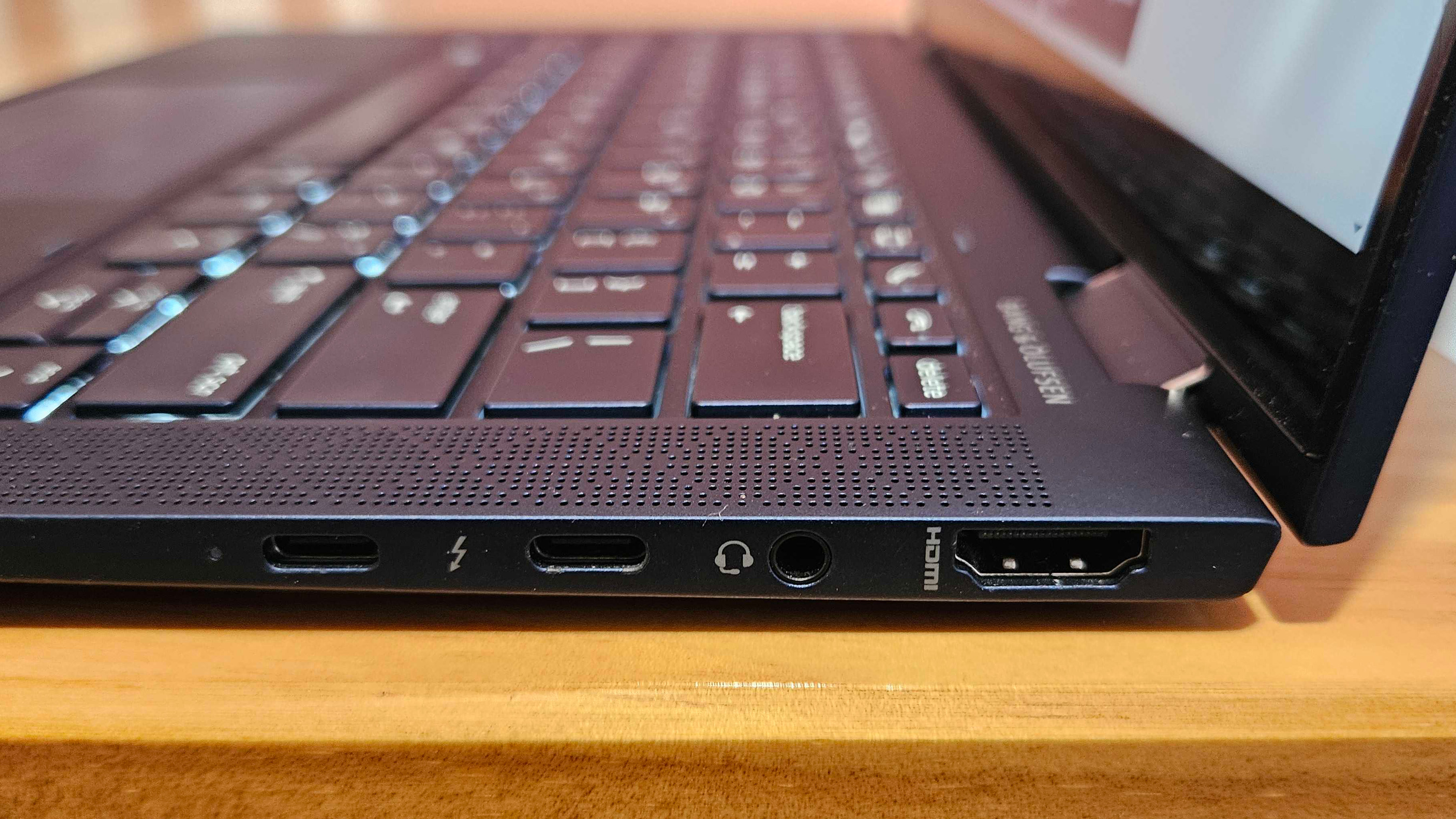
Imagine a sub-2.2lb (1 kg), 2-in-1 fitted with a stunning 3:2 display that can rotate on a 360-hinge in a chassis that feels incredibly high quality. Beneath the bonnet, you would find an excellently optimized Arm-based Qualcomm Snapdragon chip, an Intel ARC GPU, and a 55 TOPS NPU to boot – all while boasting plenty of ports like HDMI and USB-A as well as the latest security and connectivity features.
Sadly, my dreams were shattered when I learned that HP has ruthlessly discontinued this series, leaving the Elite Dragonfly in the dust of its new "streamlined" portfolio of boring and clunkily branded machines (sorry, I am indeed very bitter). Yes, I know it's a bit extra to mourn a series of laptops, but I'm not alone. Reddit forums were lighting up with enthusiasts swilling in shared grief for what was among the most unique and impressive enterprise-centric machines we've seen. Perhaps to its detriment, its creators engineered something that simply doesn't exist anywhere else.
AI PCs must not slide into blandness
Let's be clear – I'm not just dumping on HP. The PC market has been getting a little stale lately, and the cost of living (and doing business) crisis has had a latent and compounding effect on what we can and can't spend. After two years of decline, PC shipments only got back to growth in April, according to IDC. Innovation has persisted in pockets, especially with foldables and portable desktops, but by and large there was nothing really new or genuinely compelling screaming out to businesses that are, on the whole, happy to supply their employees with five-year-old relics.
AI PCs might change this, mostly because they are genuinely impressive. The latest laptops are configured with excellent Arm-based hardware and NPUs that take on plenty of battery-draining workloads that GPUs or CPUs might have handled. The result? Much better battery life. Windows Studio Effects is also a game-changer for online meetings – letting you set up your webcam as you like it, agnostic of your video conferencing software.
In the rush to market new AI PCs to businesses in dire need of a hardware refresh, it's easy to see how nobody's willing to take a risk. I am sure almost every machine in the AI PC line-up (scroll to the bottom) is a fantastic piece of kit. All use the latest Snapdragon chips coupled with excellent GPUs and NPUs. Some may have dazzling OLED displays and others may last you for more than two days.
RELATED WHITEPAPER
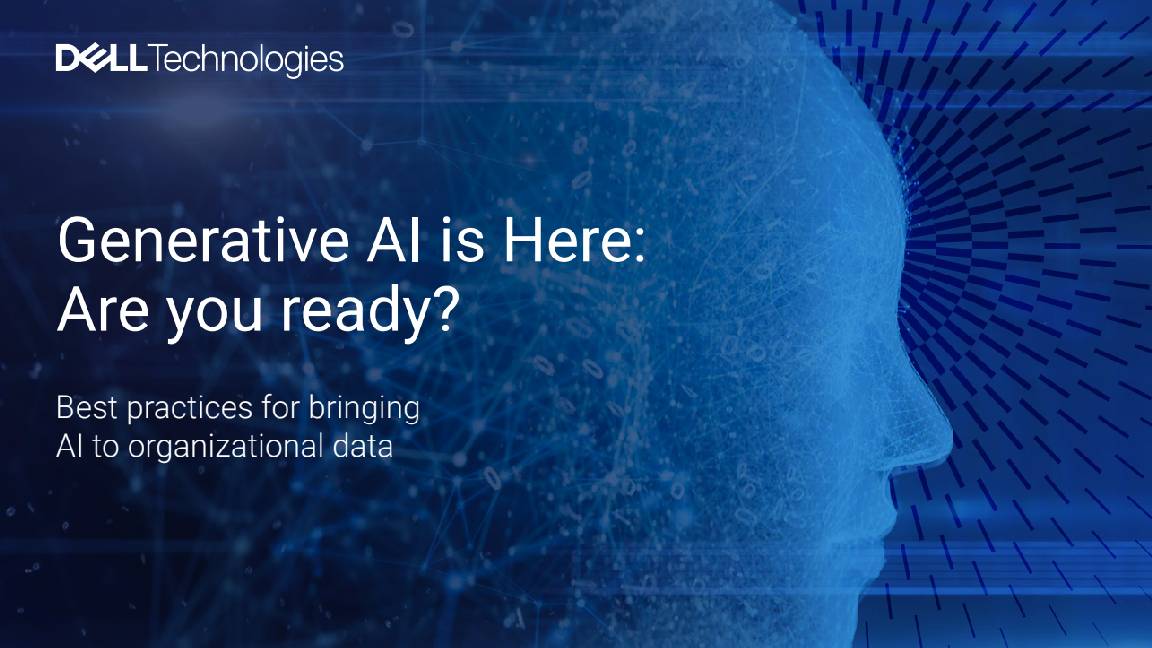
But OEMS must also remember that specs, technical quality, and even the engineering that goes into these devices, are only one part of the equation. This may sound odd, but laptops and 2-in-1s are effectively an extension of the self, especially in the era of home-working where you rely on it for pretty much everything including blowing off steam with colleagues. It’s hard not to become attached. OEMs must, therefore, ensure their AI PCs exude not just technical proficiency but a certain emotional quality and genuine character.
The HP Elite Dragonfly was a mad proposition that nobody asked for but one that inadvertently ticked all those boxes, for me at least. It was, simply, an absolute joy to use. I'm sad to see the back of it but I can't lose hope that somebody, somewhere, in a lab at Dell, HP, Lenovo, or any other device making company, will be bold enough to devise a machine that makes all others feel, well, just a little bit ordinary.

Keumars Afifi-Sabet is a writer and editor that specialises in public sector, cyber security, and cloud computing. He first joined ITPro as a staff writer in April 2018 and eventually became its Features Editor. Although a regular contributor to other tech sites in the past, these days you will find Keumars on LiveScience, where he runs its Technology section.
-
 Hybrid cloud has hit the mainstream – but firms are still confused about costs
Hybrid cloud has hit the mainstream – but firms are still confused about costsNews How do you know if it's a good investment if you don't have full spending visibility?
-
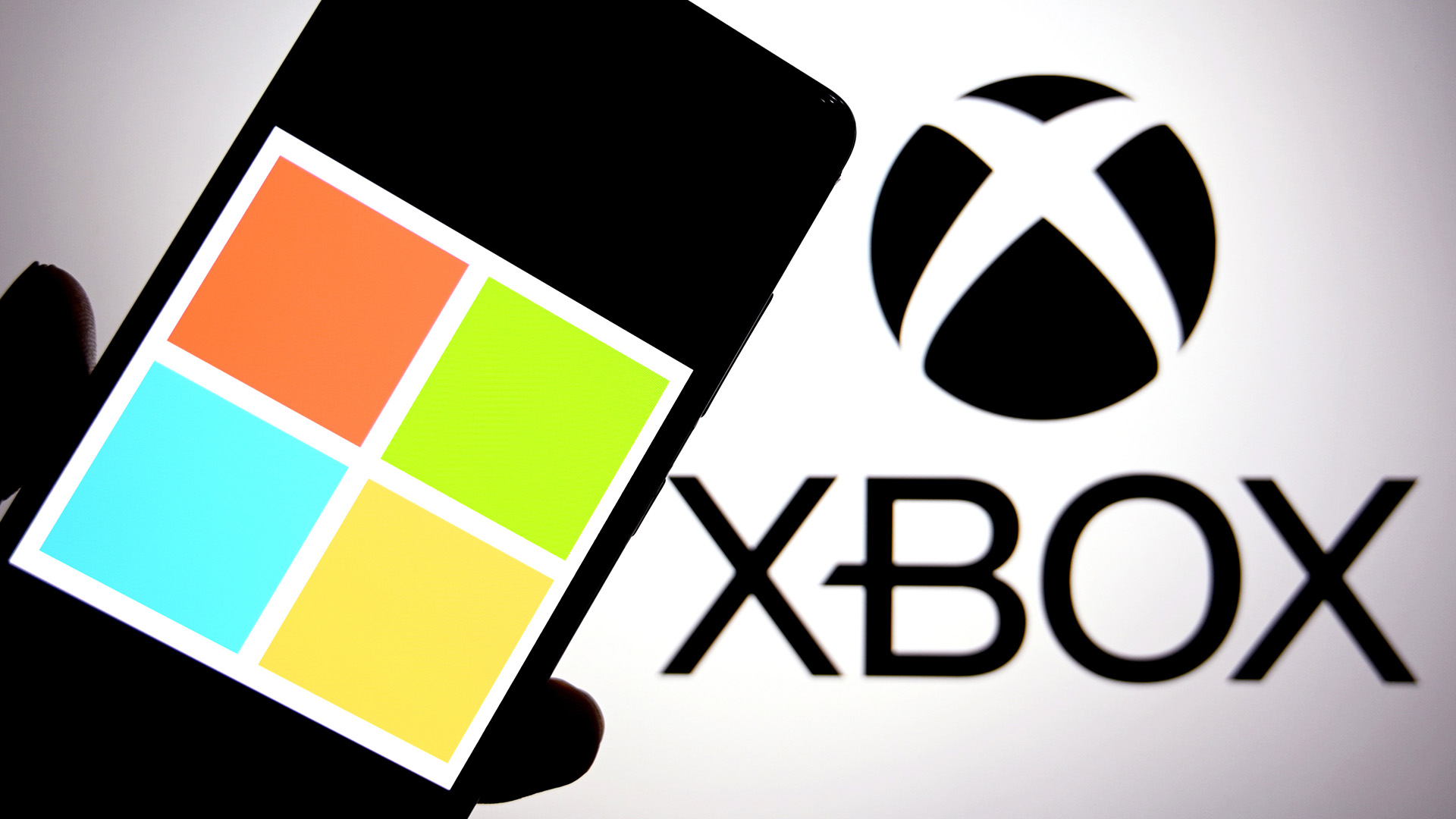 An executive suggested laid off staff use AI for counseling – I think that's ludicrous
An executive suggested laid off staff use AI for counseling – I think that's ludicrousOpinion In the aftermath of Microsoft layoffs, promoting AI career advice feels supremely cold
-
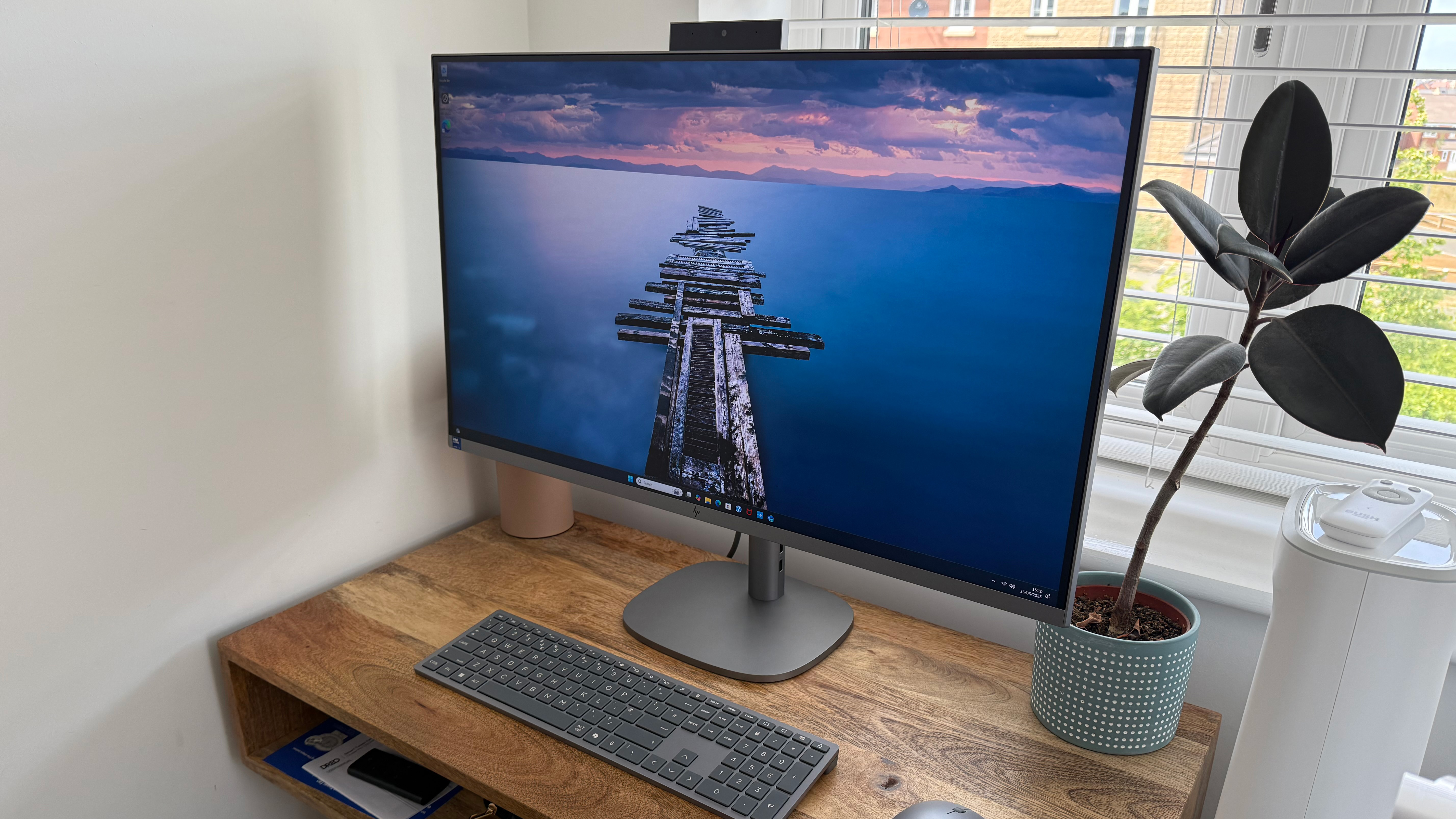 The HP OmniStudio X a powerful, design-led all-in-one for creative work – but it could do with a stronger GPU
The HP OmniStudio X a powerful, design-led all-in-one for creative work – but it could do with a stronger GPUReviews HP's answer to the iMac is a premium all-in-one that blends powerful performance with sleek design
-
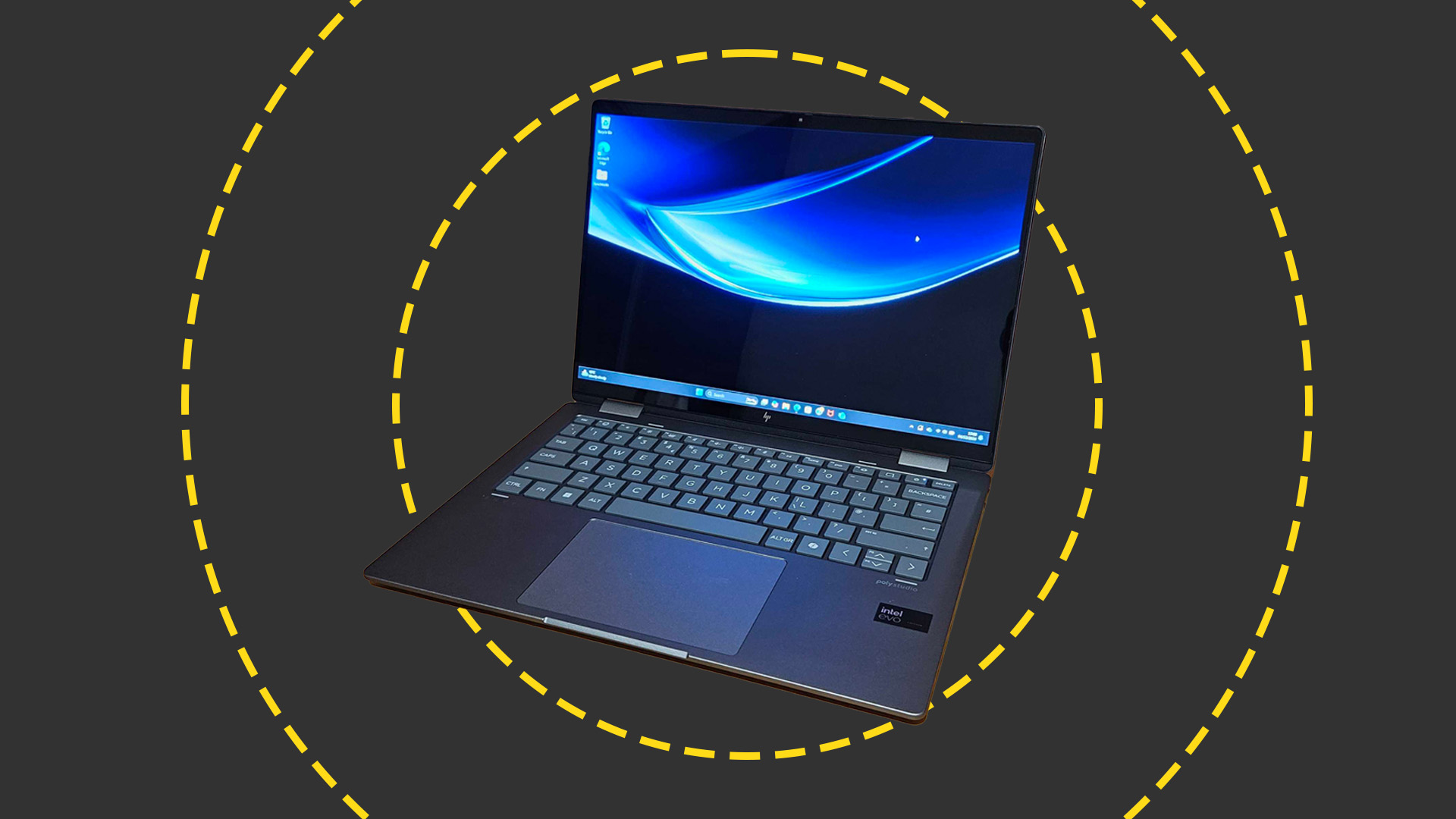 HP Envy x360 2-in-1 (14-FC0009NA) review: A cut-price AI PC for the enterprise
HP Envy x360 2-in-1 (14-FC0009NA) review: A cut-price AI PC for the enterpriseReviews The Intel-powered HP Envy x360 is a decent punt for its price point despite a few bugbears
-
 Dell, HP post underwhelming returns as PC market remains in a state of flux
Dell, HP post underwhelming returns as PC market remains in a state of fluxNews Original equipment manufacturers (OEMs) are contending with an impending Windows 10 EOL and a burgeoning AI PC market
-
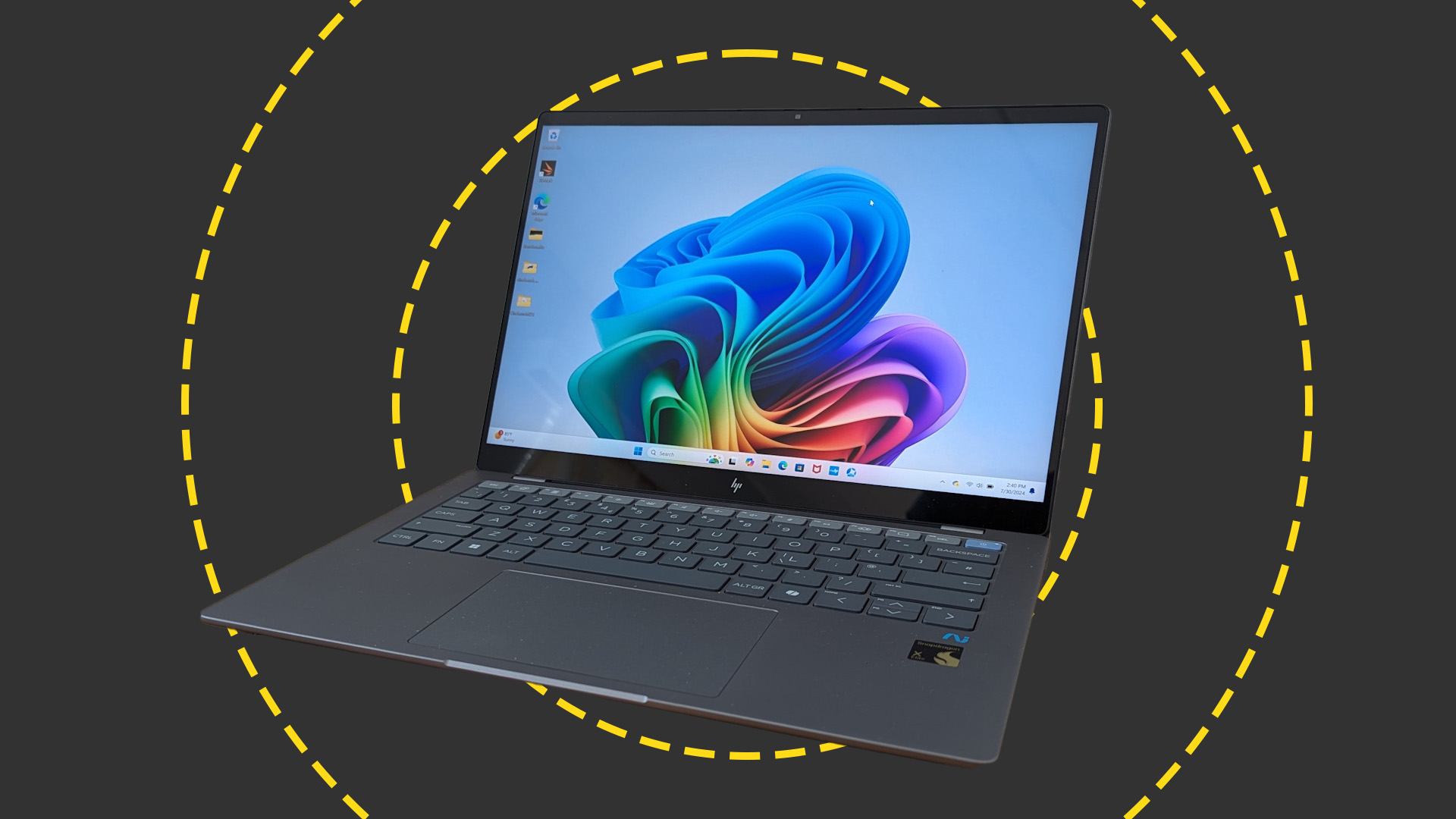
 HP OmniBook X 14 review: Incredible battery life meets Copilot+ AI
HP OmniBook X 14 review: Incredible battery life meets Copilot+ AIReviews Ignore the slightly underwhelming screen and you have a brilliant thin-and-light laptop with AI capabilities and superlative battery life
-
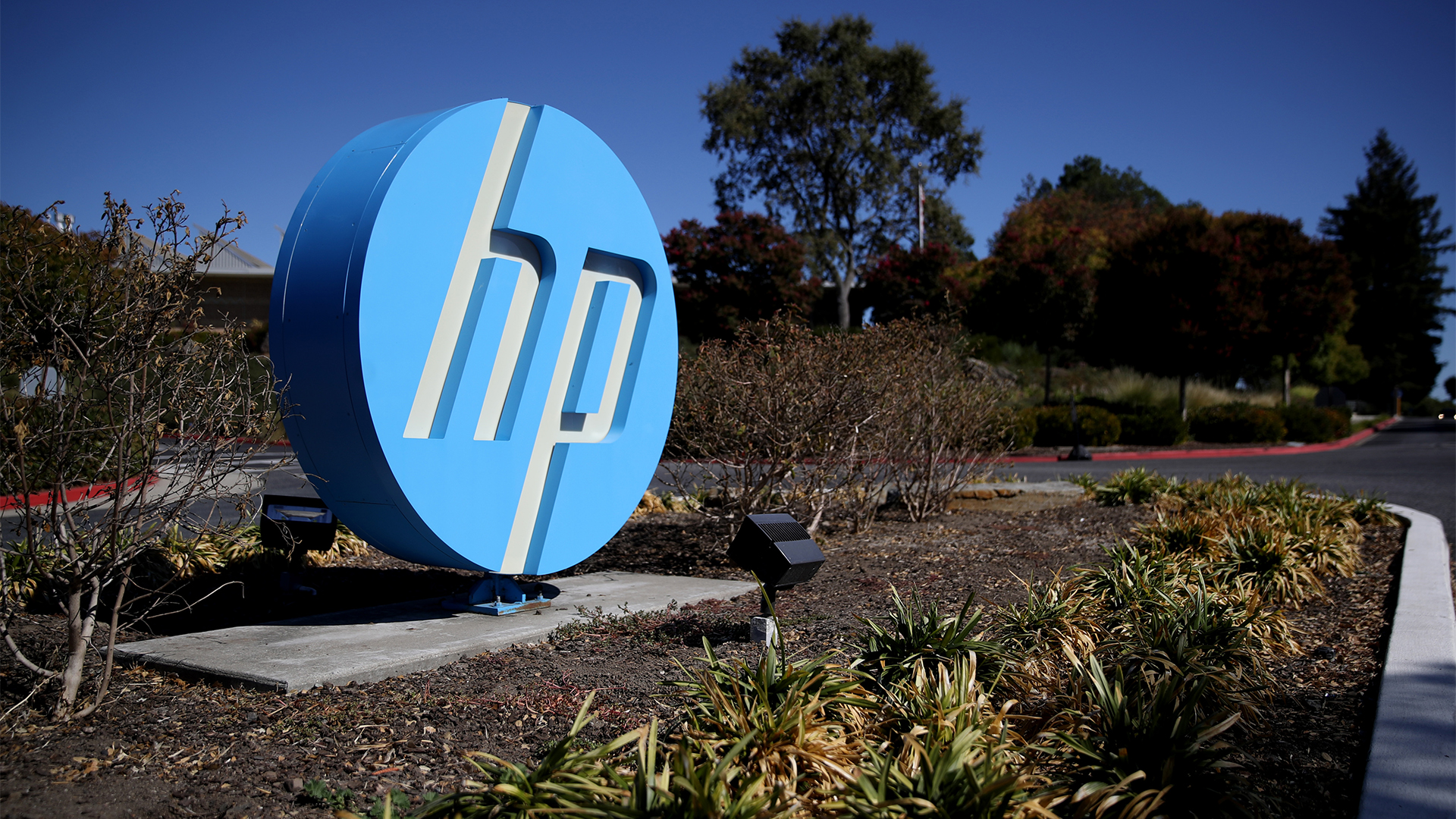 HP shows the AI PC ecosystem is starting to bear fruit — is it time for businesses to take note?
HP shows the AI PC ecosystem is starting to bear fruit — is it time for businesses to take note?Analysis The era of the AI PC may soon be upon us as software vendors start to realize the potential value of processing AI workloads locally
-
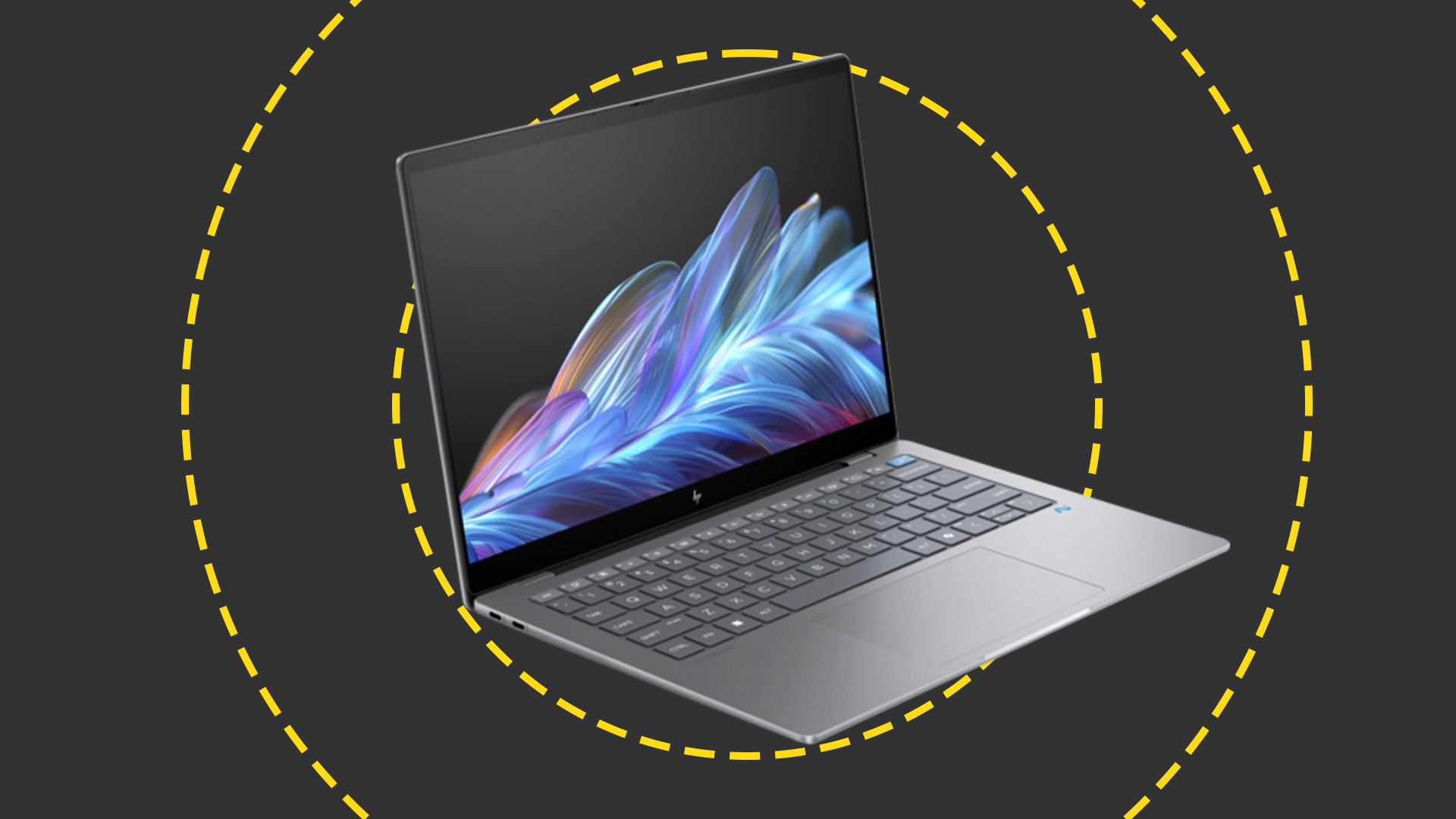 HP caps off its PC overhaul with the launch of the OmniBook Ultra 14 – its most powerful AI-powered laptop to date
HP caps off its PC overhaul with the launch of the OmniBook Ultra 14 – its most powerful AI-powered laptop to dateNews With the HP Dragonfly, Spectre, and Envy brands ditched in sweeping restructure of device portfolio, the OmniBook Ultra 14 marks the first major step into the era of the AI PC
-
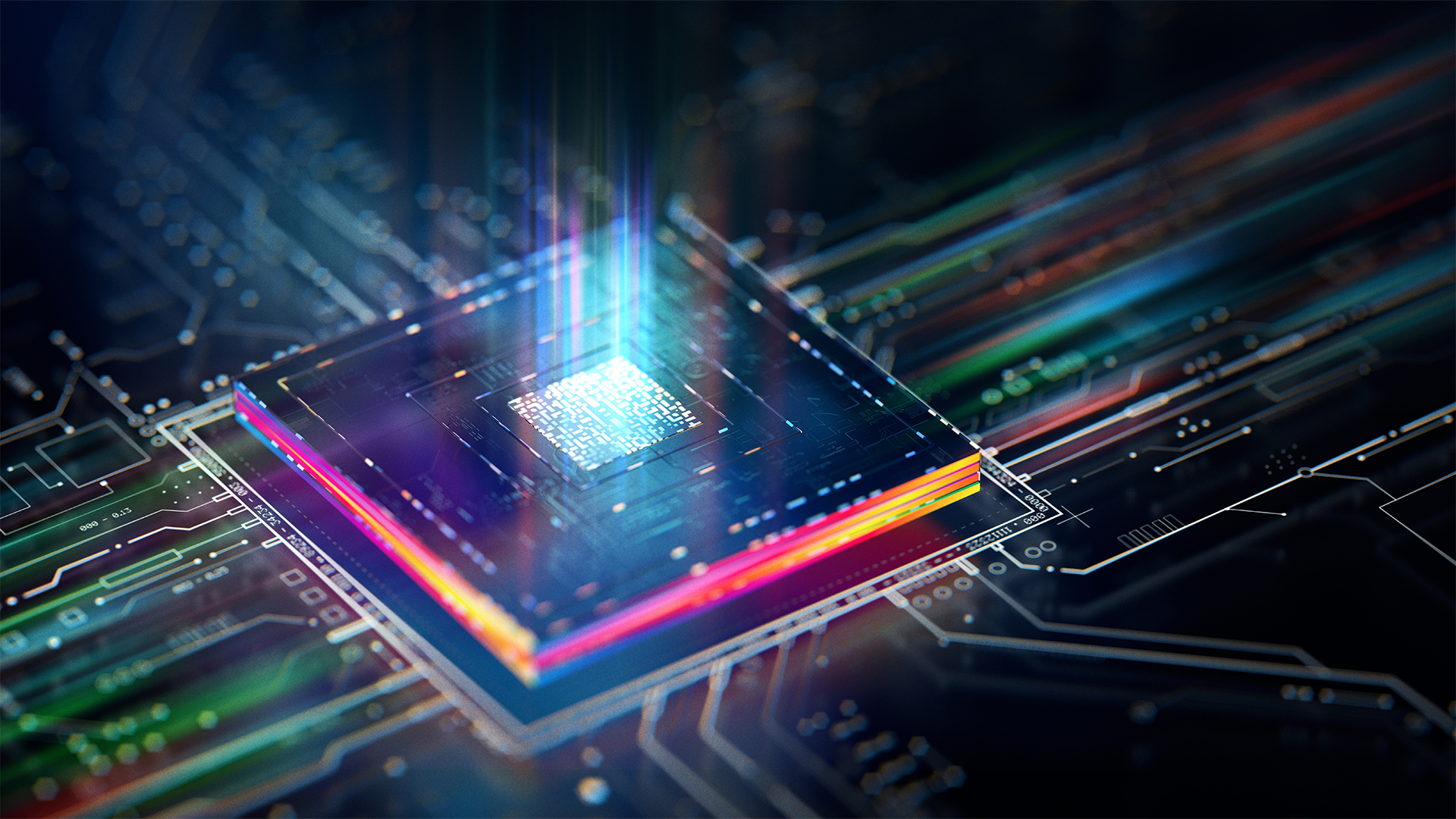 HP just launched the world’s first business PCs designed to protect firmware against quantum hacking
HP just launched the world’s first business PCs designed to protect firmware against quantum hackingNews HP is worried about quantum security risks, so it’s upgrading devices to contend with future threats
-
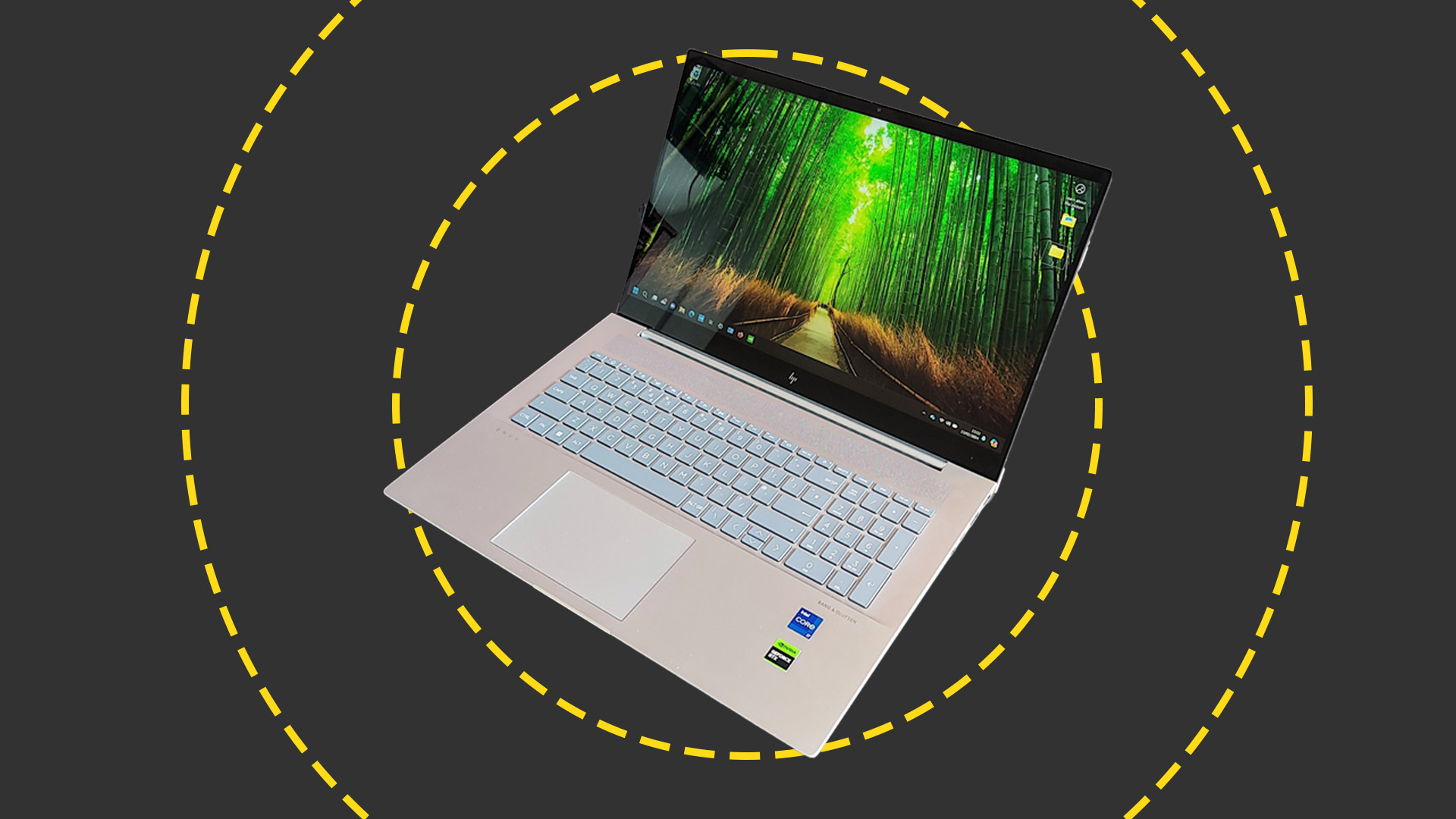 HP Envy 17 review: An affordable big-screen workstation replacement
HP Envy 17 review: An affordable big-screen workstation replacementReviews With the option of Nvidia graphics and a 4K display, the HP Envy 17 is a versatile yet affordable big-screen laptop